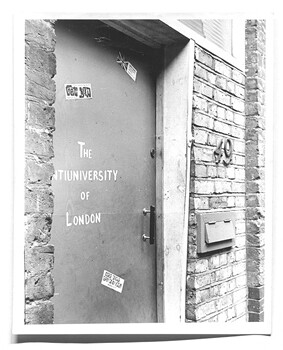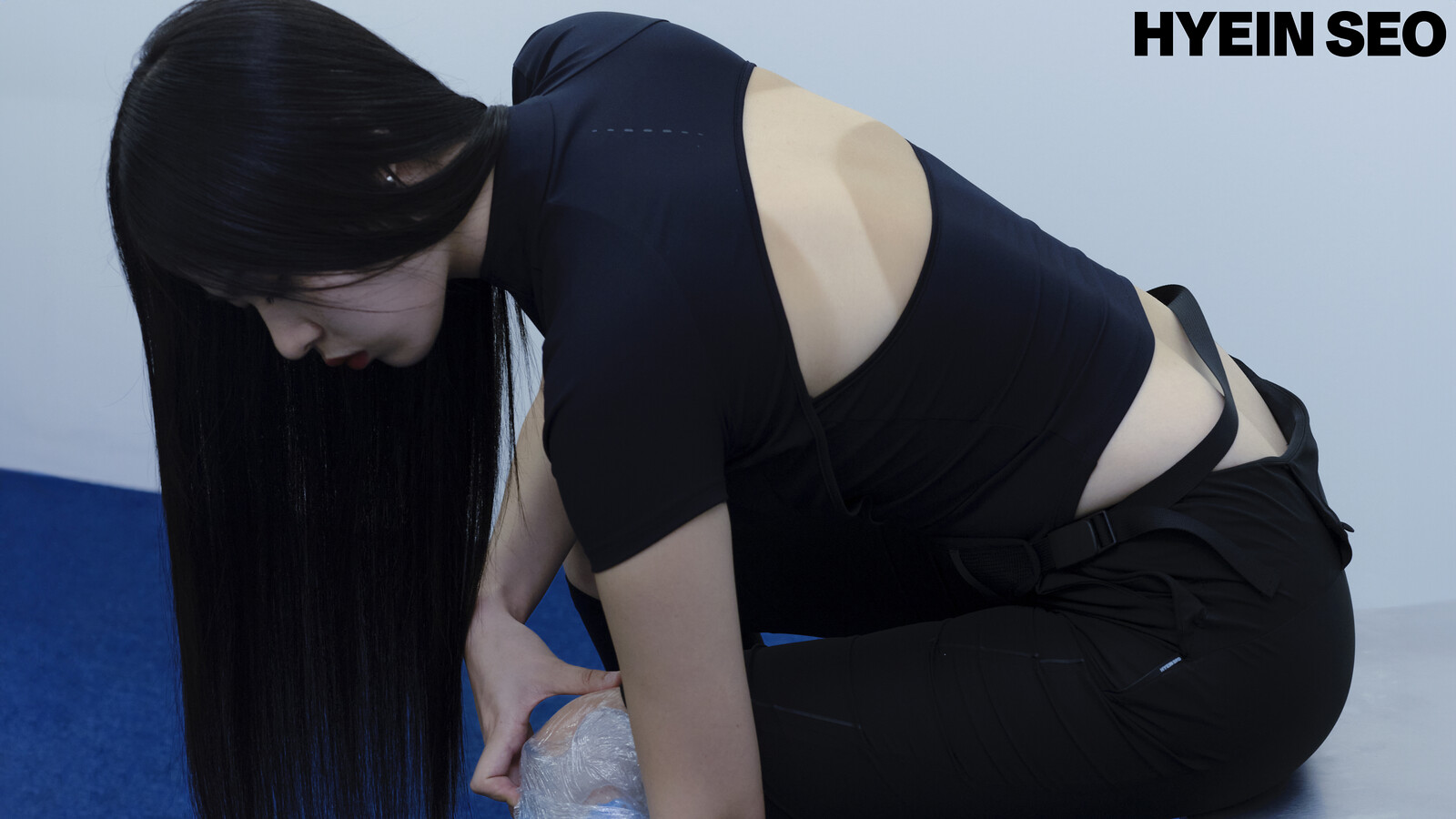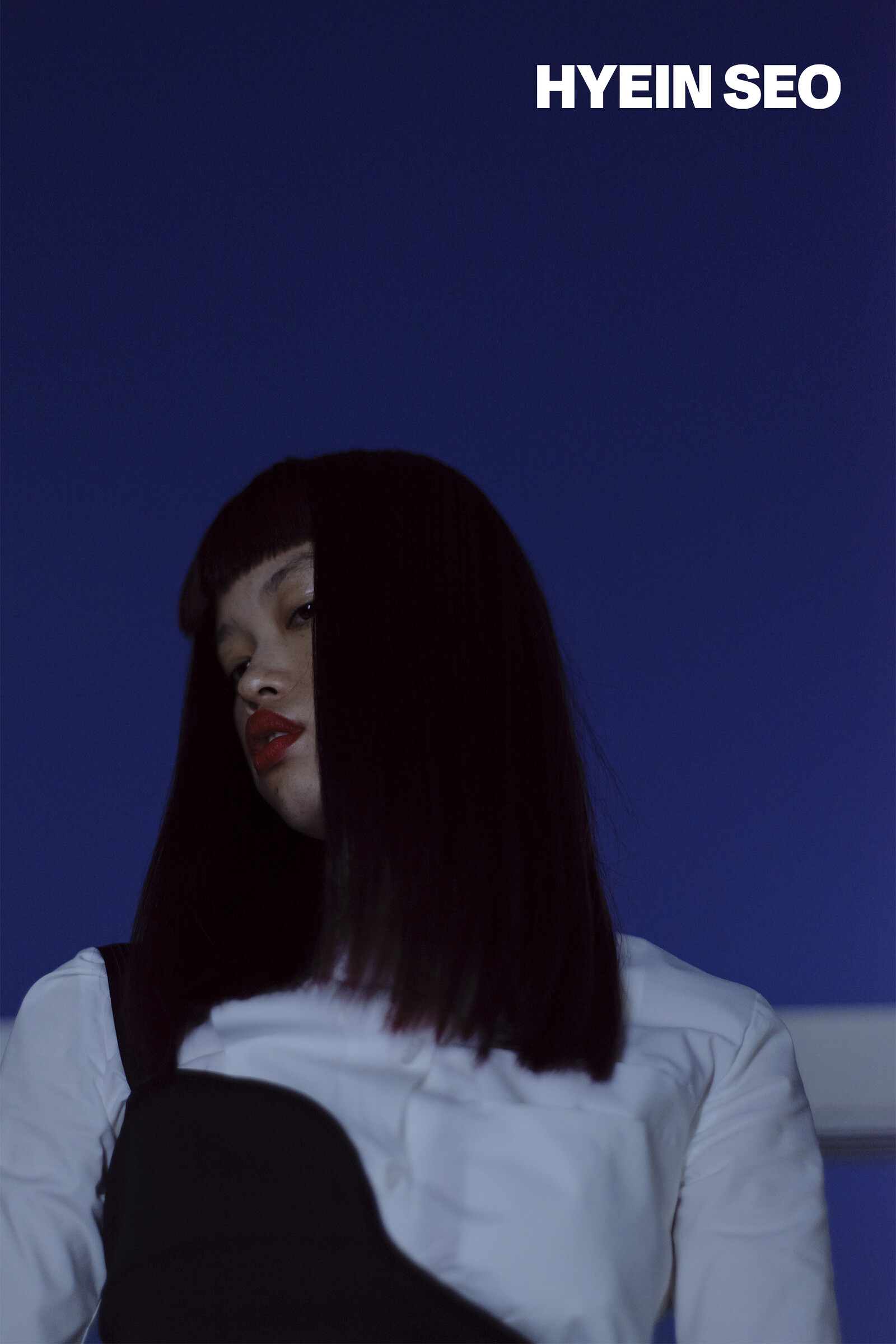March 6, 6pm
Room 102 Lasserre Building, UBC
Distinguished Visiting Artist Program
University of British Columbia (UBC)
Department of Art History, Visual Art & Theory
[email protected]
www.ahva.ubc.ca
As part of the Distinguished Visiting Artist Program, Jakob Jakobsen will discuss his ongoing research into the politics of pedagogical systems and their intersection with the conditions of life. As part of his visit, he will be researching the Vancouver Free University that operated here between 1969 and 1974.
Jakob Jakobsen is a politically engaged visual artist, educator and activist. He was part of the Copenhagen Free University from 2001 to 2007, was co-founder of the trade union Young Artworkers (UKK) in 2002, and the artist-run television station tv-tv in 2004. He was professor at the Funen Art Academy from 2006 to 2012. Recent exhibitions include Billed Politik at Overgaden, Institute of Contemporary Art in Copenhagen and This World We Must Leave at Kunsthalle Aarhus in 2010 and Trauma 1 – 11: Stories about the Copenhagen Free University and the surrounding society in the last ten years at the Museum of Contemporary Art in Roskilde in 2011. He was part of And And And / dOCUMENTA 13 with the The Antiuniversity Research Project in 2012.
In an essay titled “The pedagogy of negating the institution—Some reflections on the antihospital and the antiuniversity,” Jakobsen writes:
“The biopolitical moulding of bodies integrated with a rather crude sorting mechanism determined by economic powers and class is an increasingly transparent and evident worldwide process. What was formerly a part of social reproduction has become an important part of capitalist production and turning it into an expanding site of capitalist accumulation. This is perhaps the main structural change since the institutional landscape of the 1960s. There is nothing surprising to this, but more and more people even within the middle class are feeling the inherent sorting mechanisms imposed by institutional production of today as they enter the educational system. Franco Basaglia already pointed this out in relation to the treatment of the mentally ill in Italy in the 1960s, in stating that there were two kinds of psychiatry, one for the rich and one for the poor. At the time he rejected any demands for reform, his analysis led to a call for ‘The Destruction of the Mental Hospital as a place for institutionalisation.’ Joseph Berke’s analysis of the state-sanctioned University leading to the establishment of the Antiuniversity had a similar radicality: ‘The schools and universities are dead. They must be destroyed and rebuilt in our own terms. These sentiments reflect the growing belief of students and teachers all over Europe and the United States as they strip aside the academic pretensions from their ‘institutions of higher learning’ and see them for what they are—rigid training schools for the operation and expansion of reactionary government, business, and military bureaucracies.’”
The Distinguished Visiting Artist Program brings senior practicing artists to the Department to lead an intensive seminar, participate in graduate student critiques and assist MFA students in the development of their work and early professional career.
Past visiting artists include:
Dave Beech / Rebecca Belmore / Liesbeth Bik and Jos van der Pol / Mark Boulos / David Claerbout / Maria Eichhorn / Andrea Fraser / Melanie Gilligan / Dan Graham / Brian Jungen / Stanya Kahn / Mary Kelly / Michael Krebber / Scott Lyall / Ken Lum / Josephine Pryde / Jeanne Randolph / Stefan Romer / Cheyney Thompson / Kerry Tribe / Francesco Vezzoli / Ian Wallace / Li Yifan
The Distinguished Visiting Artist Program is made possible by the generous support of the Rennie Collection. All events are free and open to the public.
The Department of Art History, Visual Art and Theory (AHVAT) aims to foster critical and reflexive thinking within an inclusive and supportive environment.
The Masters of Fine Arts Program in Visual Art is a highly competitive graduate program. MFA students participate in an intensive weekly studio seminar that is also a forum for critical discussions about leading issues in contemporary art and cultural theory. Students take additional academic coursework to enrich their particular focus and may work in any area of contemporary art production and related interdisciplinary form.




